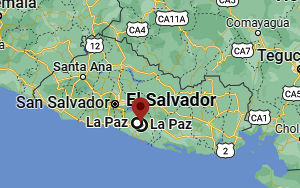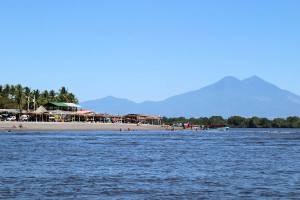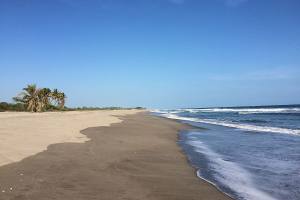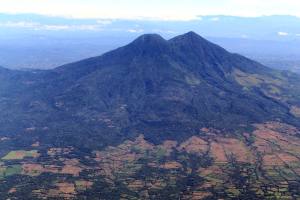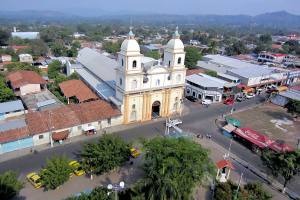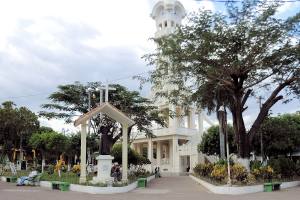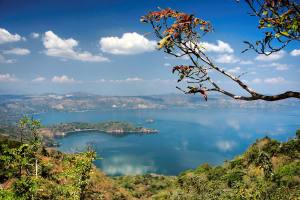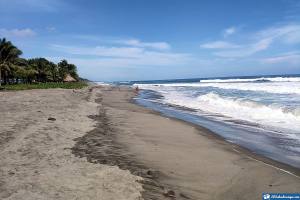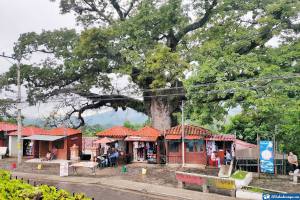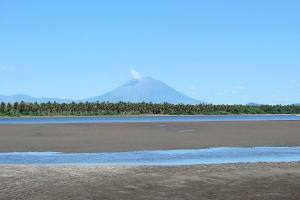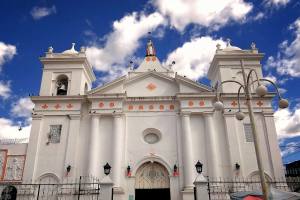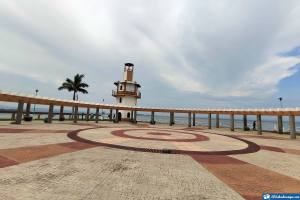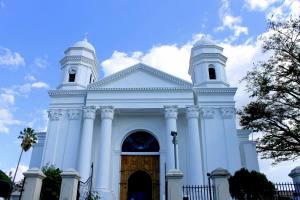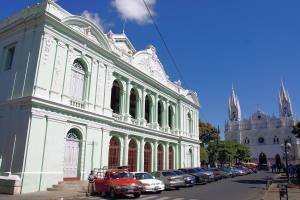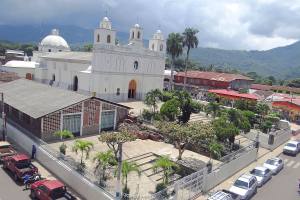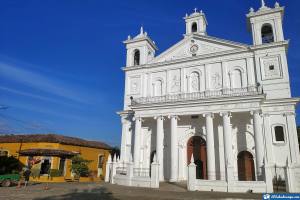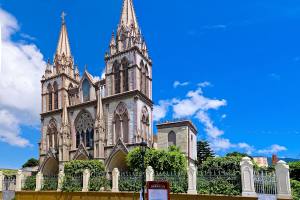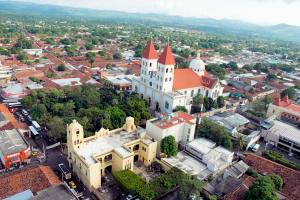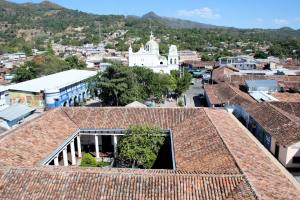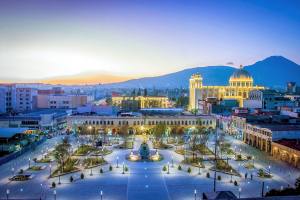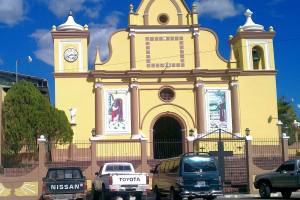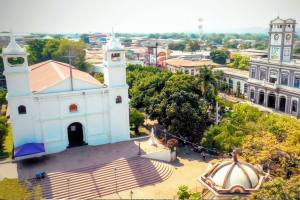In El Salvador, there is a city that the native indigenous people call La Morada de Los Pececitos (The Abode of the Little Fishes). It is how the La Paz department is presented to all who wish to know all its tourist attractions.
And no wonder it is a region where you can choose to do almost anything. Visit its beaches, hike in the mountains, go into the jungle, and more. In short, you can find activities according to your tastes. You will not have time to get bored during your vacation.
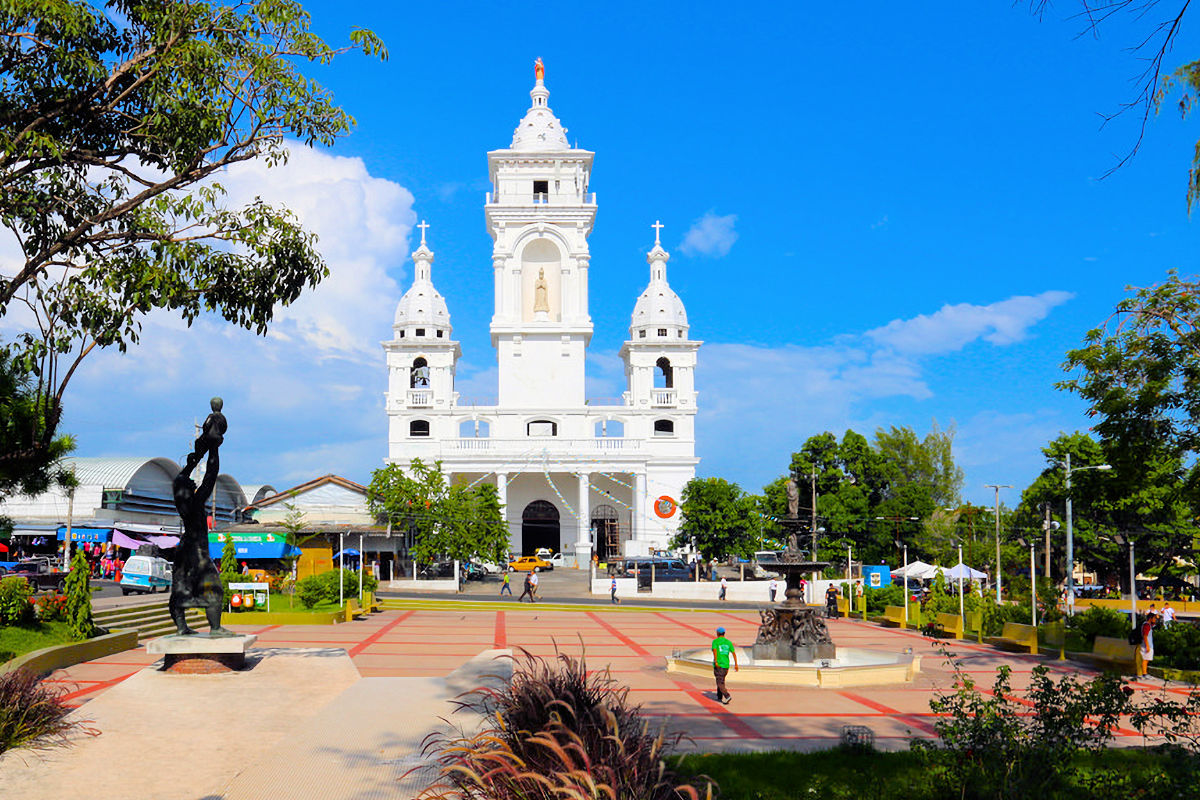
LA PAZ DEPARTMENT - Departments of El Salvador. Photo by R0ca27. Wikimedia Commons.
Data from La Paz Department
| Country: | El Salvador |
|---|---|
| Category: | Departments |
| Capital: | Zacatecoluca |
| Surface: | 1.224 km² |
| Population: | 320,700 |
| Fundation: | 1,852 |
What to see and do in La Paz Department
If you want to rest or take your adrenaline to the limit, you should know that La Paz department in El Salvador is the ideal destination for this and more. Here you can relax on its beaches without any problem.
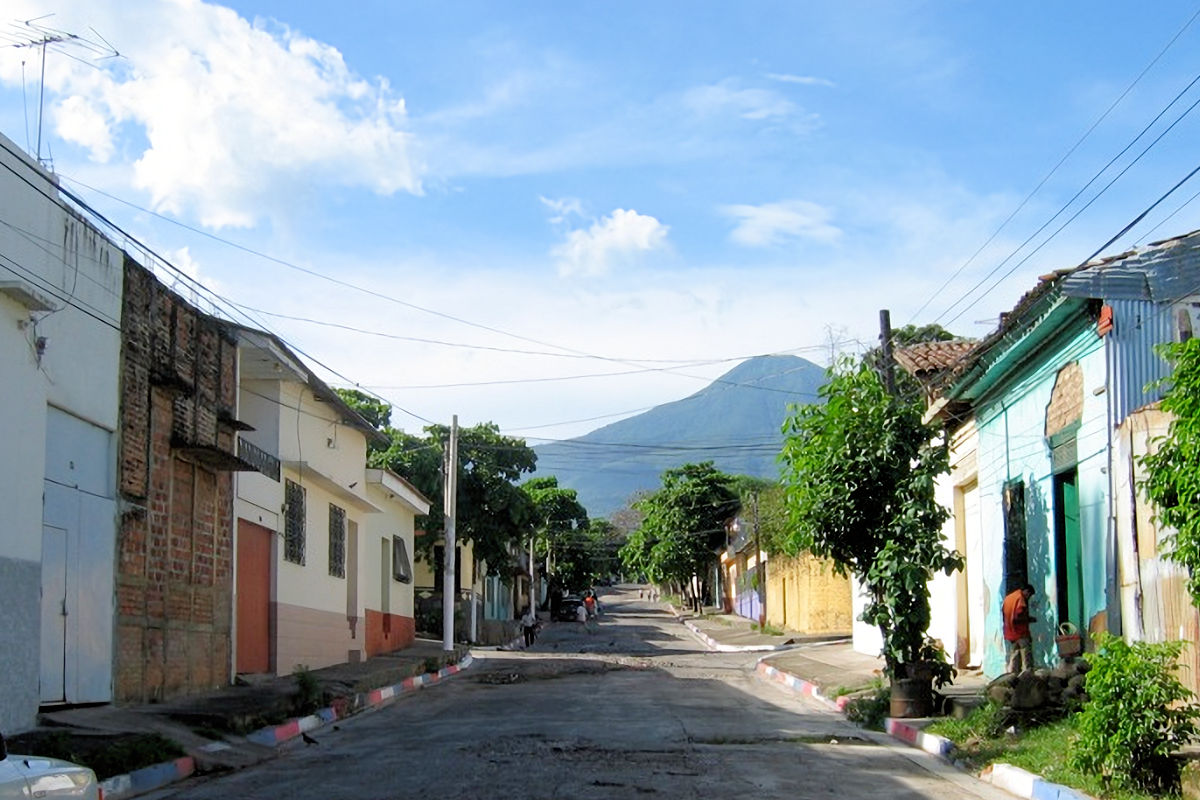
In addition, you will find places to have fun at night, luxury restaurants, accommodations of all kinds, and tour guides who can show you every corner of the city. If you choose eco-tourism, you will be able to know all the biodiversity of La Paz in a tour full of adventure.
Come and discover with us everything you can see and do in one of the essential destinations in El Salvador.
Monuments and places of interest
La Paz is different from other departments for the simple reason that the whole nation has recognized it. To such an extent, some of its catholic temples hold the title of National Monument.
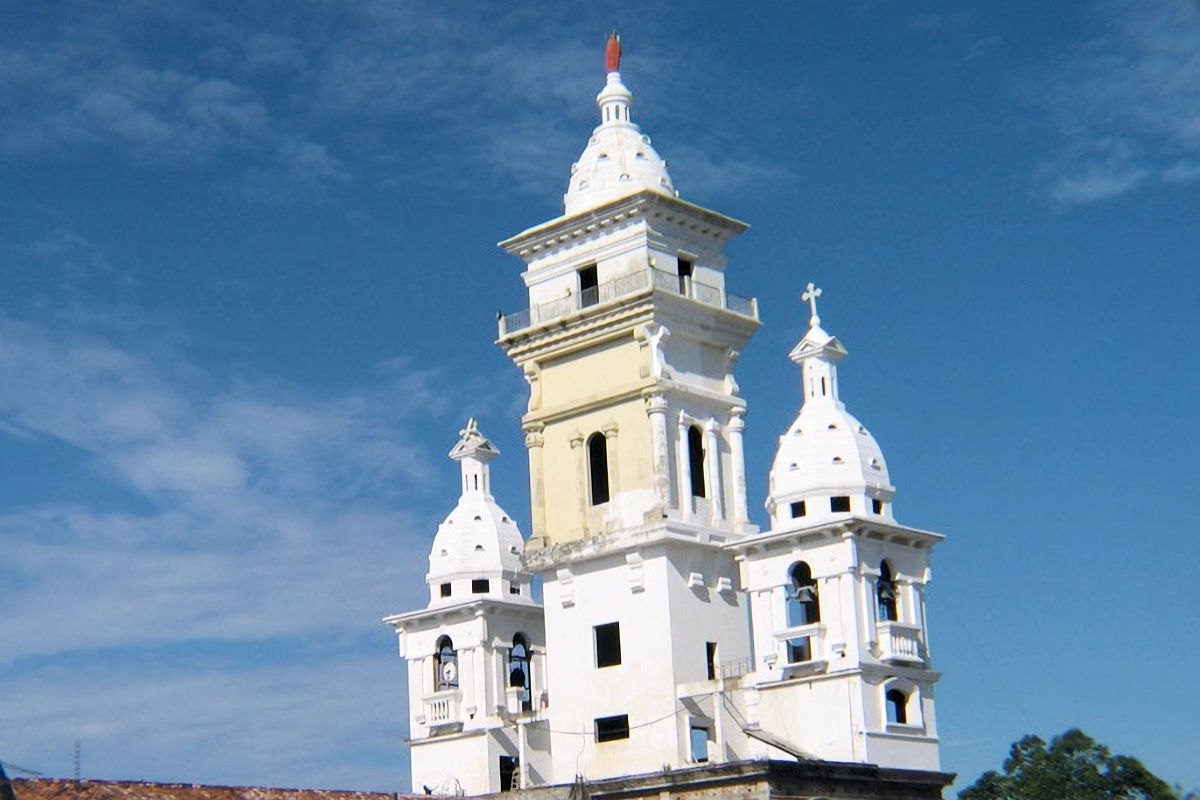
Among them are San Pedro Nonualco, San Juan Talpa and Santa María de Ostuma. Whose recognition was given for the imposing architectural beauty, antiquity, and historical richness of the temples.
On the other hand, as a cultural asset for La Paz, we find La Casa de la Cultura de Zacatecoluca, which, after extensive remodeling, opened its doors to the public. Moving on to natural areas, the site of interest, also recognized as a historical site of El Salvador, is the Cerro El Tacuazín, as the locals call it.
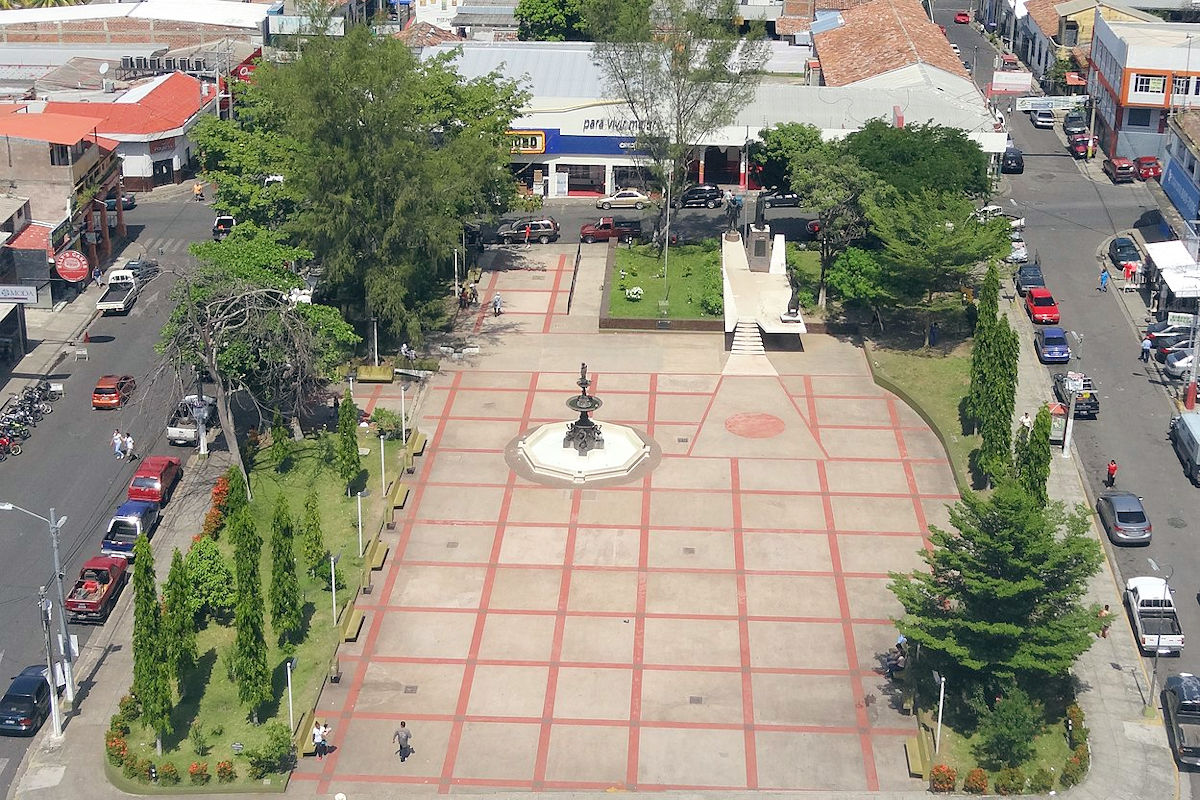
It is also known as Quezalapa Hill, El Rosario, Cerro Rosario de la Paz, and Cerro del Indio Aquino. Its importance is such that on its summit has been placed a cross of more than 7 m. The point at which a mass is officiated every September 14.
Attractive places to visit
To enjoy all the wonders of La Paz department, you need more than a weekend vacation. However, there are attractive places that stand out from others that you can visit in just a few days.
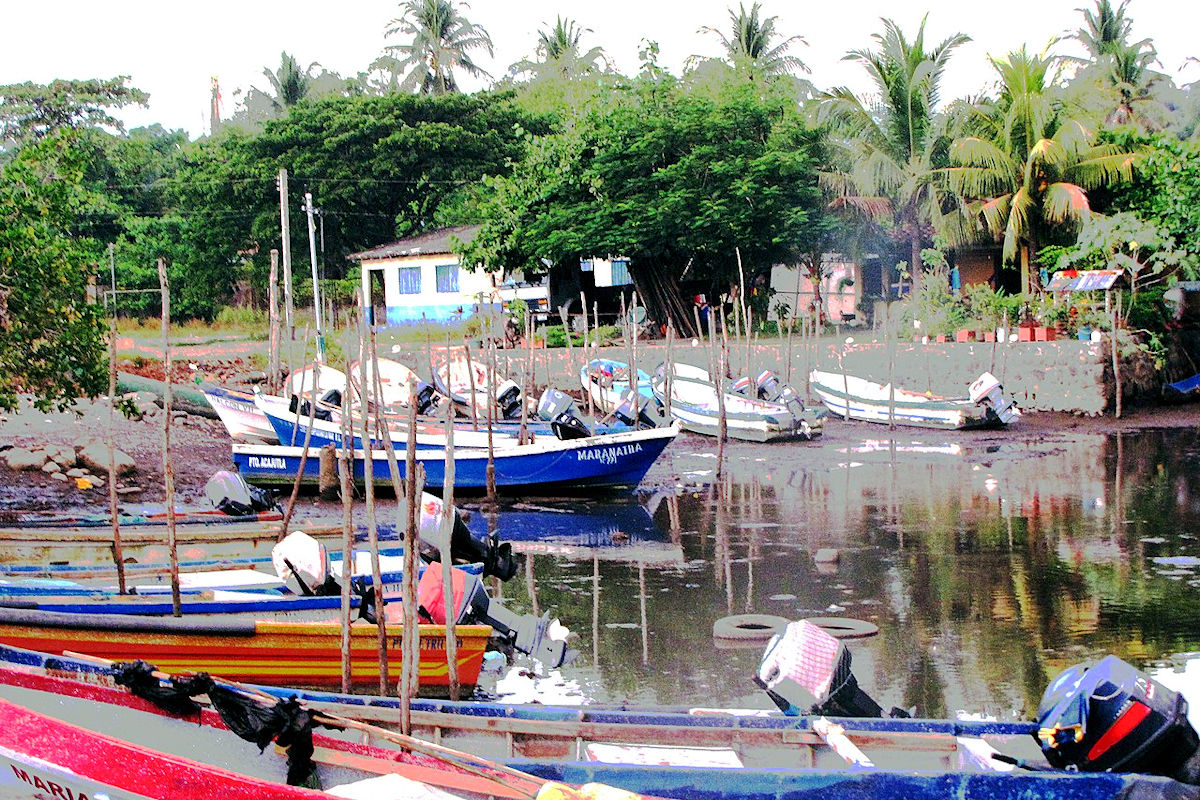
You can start in San Luis Talpa, where you can enjoy the waters of the Cacapa and Comalapa rivers. In this municipality, you can also learn about the pre-Hispanic culture on a tour of the Archaeological Site of Comalapa.
As if that were not enough, here you can enjoy the estuary La Bocana and even visit some of the most important beaches in the country. Such as El Pimental Beach, Amatecampo, and La Zunganera.
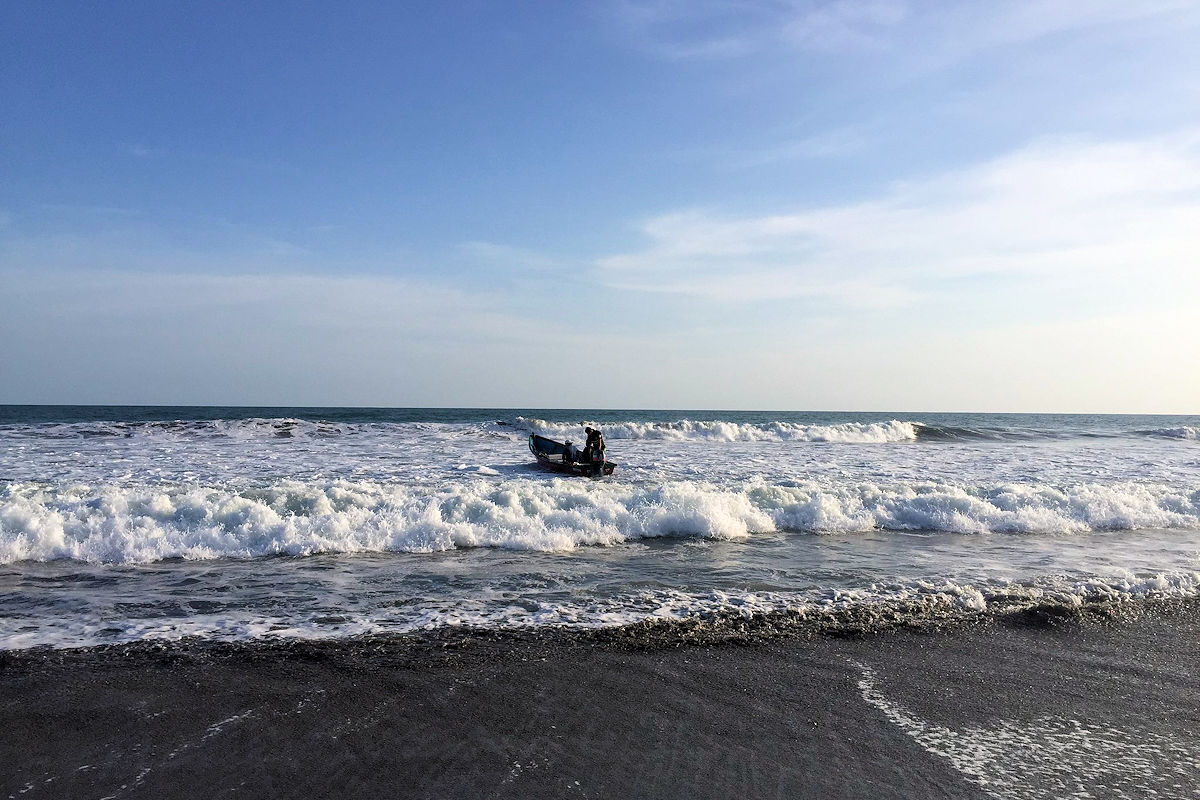
Continuing the tour through La Paz, we arrive at San Juan Tepezontes, a municipality where the view is breathtaking. The best way to enjoy it is from any of its viewpoints. Another important place to visit is the Mucuapa River, the Periquera waterfall, and the Santa Cruz La Vega Ecopark.
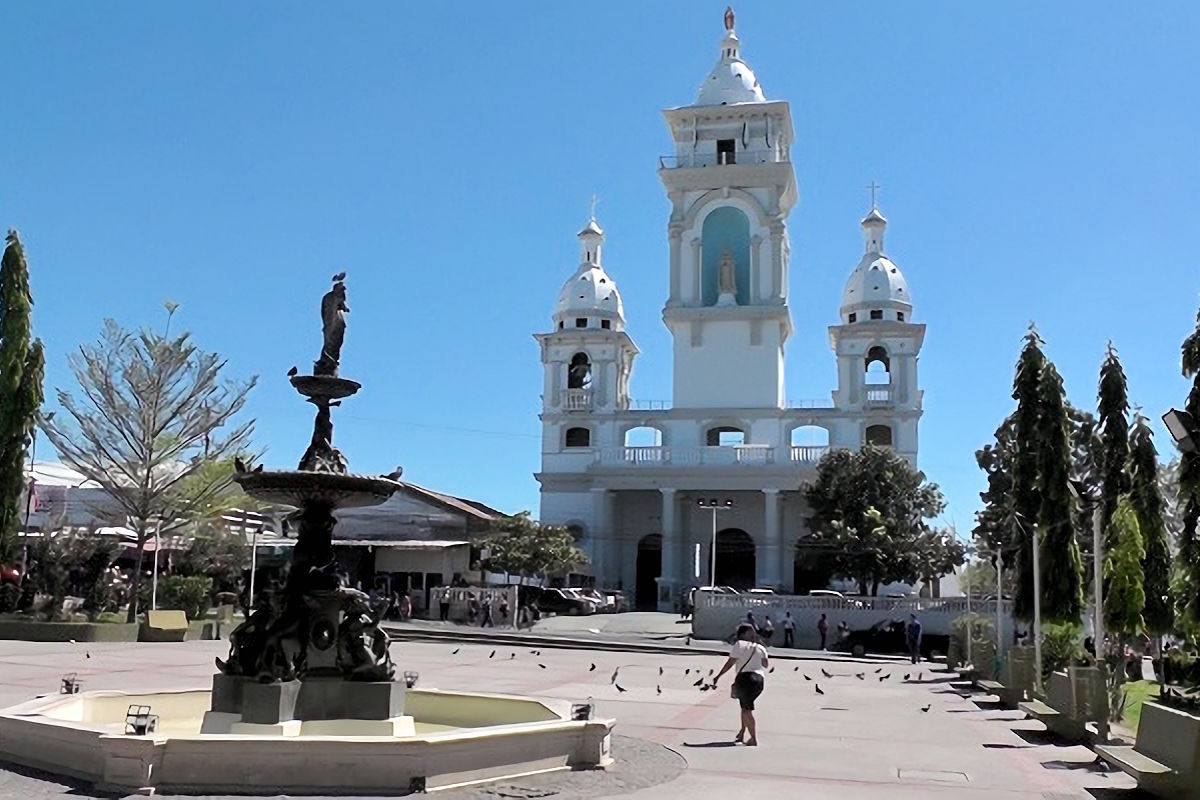
It is time to talk about San Luis de la Herradura, whose favorite tourist destination is the Costa del Sol beach. Here you can enjoy a warm and quiet atmosphere, but above all, you can choose what activities you want to do.
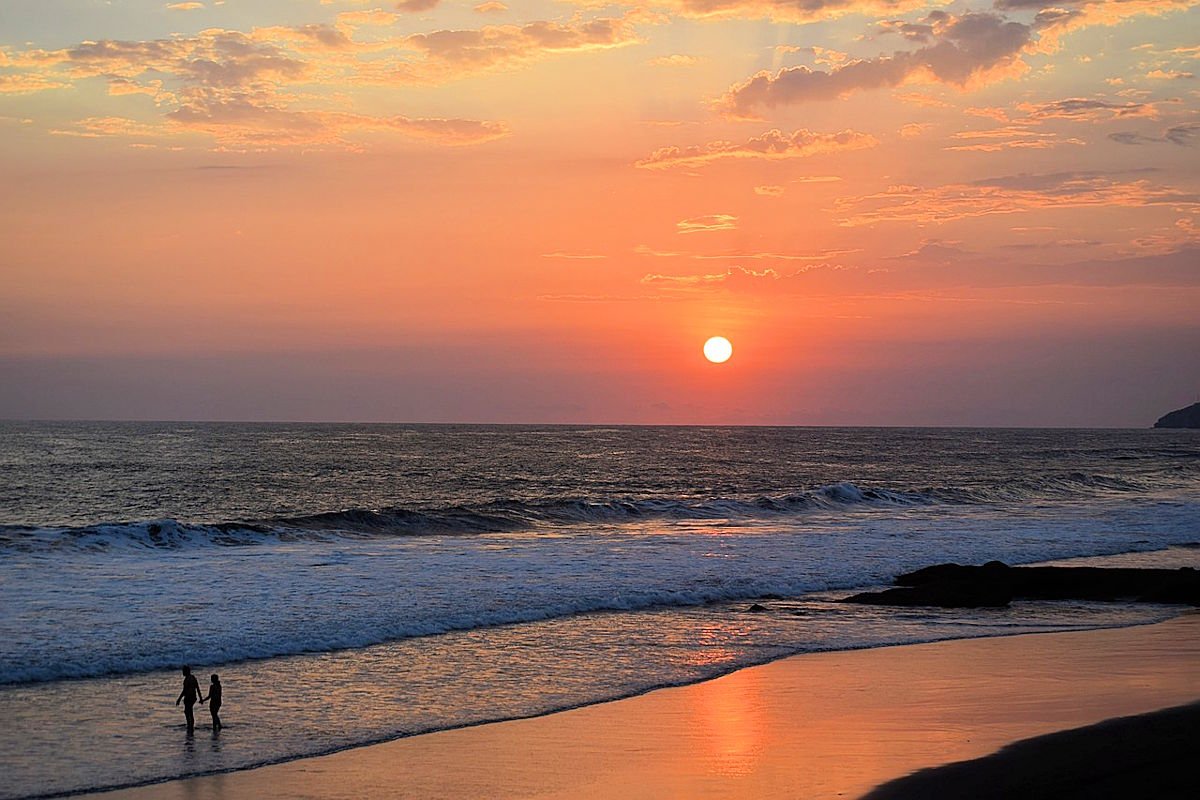
Another place you can’t miss in La Paz is the Ichanmichen Tourist Center, which offers tourists lodging, essential services, parking, and more. An interesting fact about this tourist center is that its name means explicitly abode of the Little Fishes, and therefore, it is a direct reference to the city.
Destinations near La Paz that you should visit
As we have seen so far, the tourist options in La Paz department are unlimited, and it is for this reason that we could succeed in including other destinations to visit. For example, the Santa Clara Regional Park in San Luis Talpa is abundant in animal and plant life.
It has trails suitable for anyone who wants to connect with nature. This area is a reservation of approximately 970 hectares, and other places classified as such are Islote Tasajera, Escuintla forest, and El Pinche.
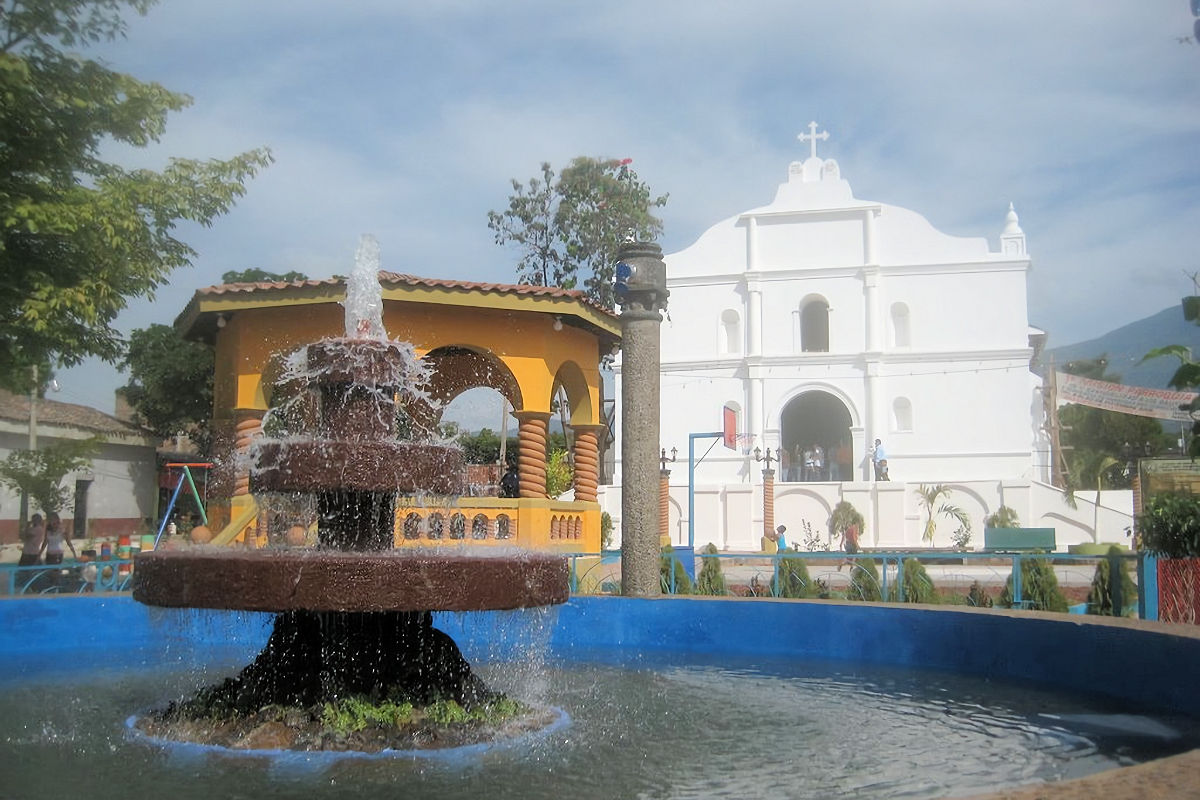
We recommend you visit the Jaltepeque Estuary on the Costa del Sol. In its 28 km, you can see and enjoy all the marine biodiversity of the place. Take a boat ride through its two mouths and surround yourself with a natural environment full of peace.
And how can you not recommend an extreme adventure that will take you to the top of the Cerro de las dos Tetas. That’s right, part of the Chinchontepec Volcano belongs to La Paz department.
So it will be easy to hire a guide to take you to the top, and you can enjoy one of the best views of El Salvador. Bring water, sunscreen, a hat or cap, insect repellent, comfortable clothes, and shoes for the tour.
History of La Paz Department
La Paz department was one of the most important indigenous settlements in El Salvador, proven after archaeological remains were found in the vicinity of the Lempa and Jiboa rivers.
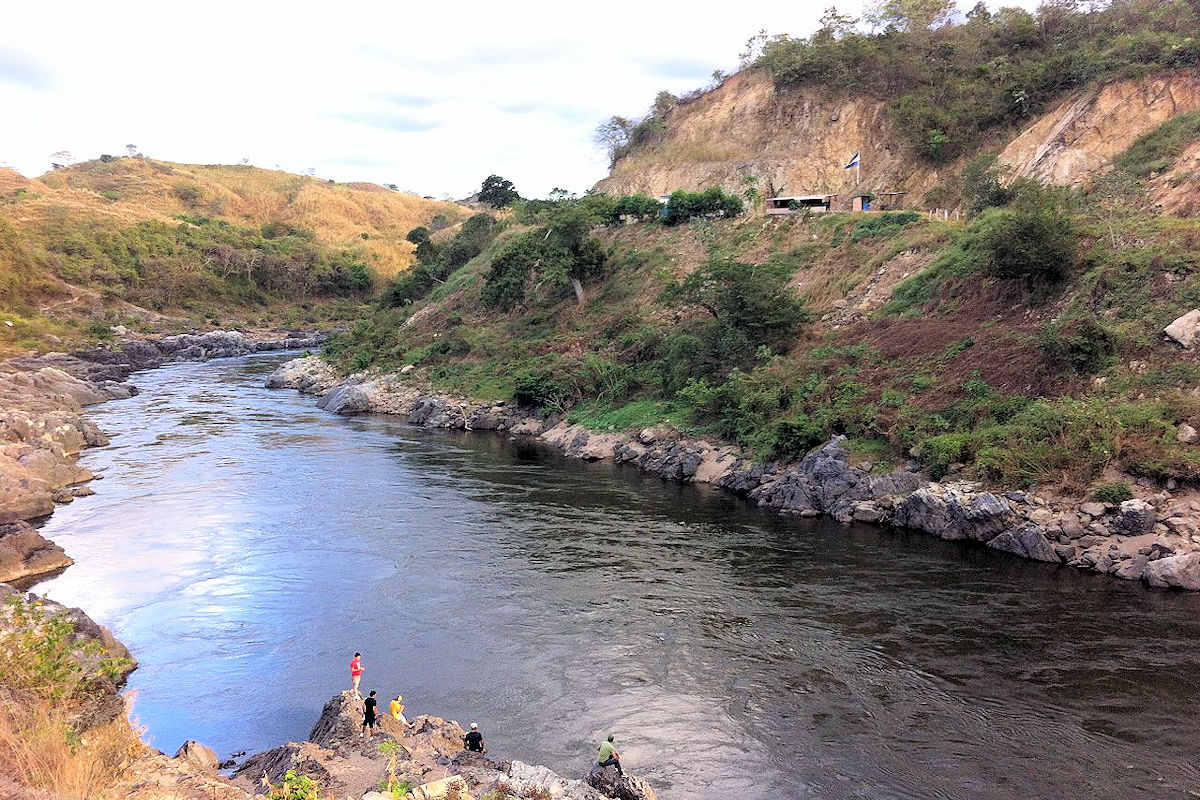
After being analyzed, found the objects date from before the 11th century. A period in which the Maya-Quiché were established until the invasion of the Toltecs. The result was the mestization of cultures.
Later, the Pipil Aztecs arrived and ended up repopulating other areas of La Paz, even after the colony. By 1786 this was the most important pre-Columbian city, and the people were numerous.
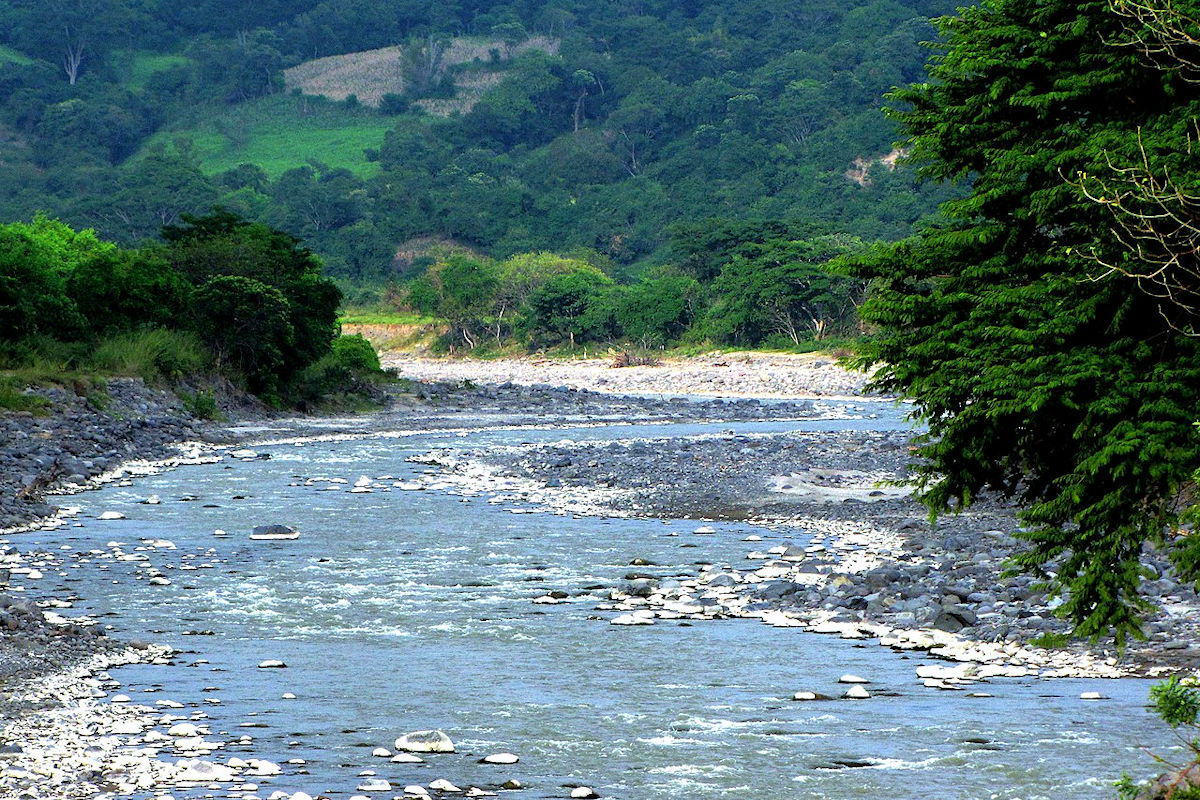
It was precisely the inhabitants who, in 1814, after fighting one of the battles for independence, achieved their emancipation. Years later, La Paz received the title of the villa, and in 1852, it was proclaimed as a department with Zacatecoluca as its capital.
Geography and municipalities of La Paz Department
The wonders of La Paz department can be seen throughout its geography. Within its territory are the three most important watersheds of El Salvador: Jalponga-Lempa, Jiboa, and Pululuya-Comalapa.
In addition, almost 20 rivers reach the department, 7 of which flow into the sea, and the rest run through the entire land surface until they disappear. On the other hand, among its boundaries are Cuscatlán and Ilopango Lake to the north.
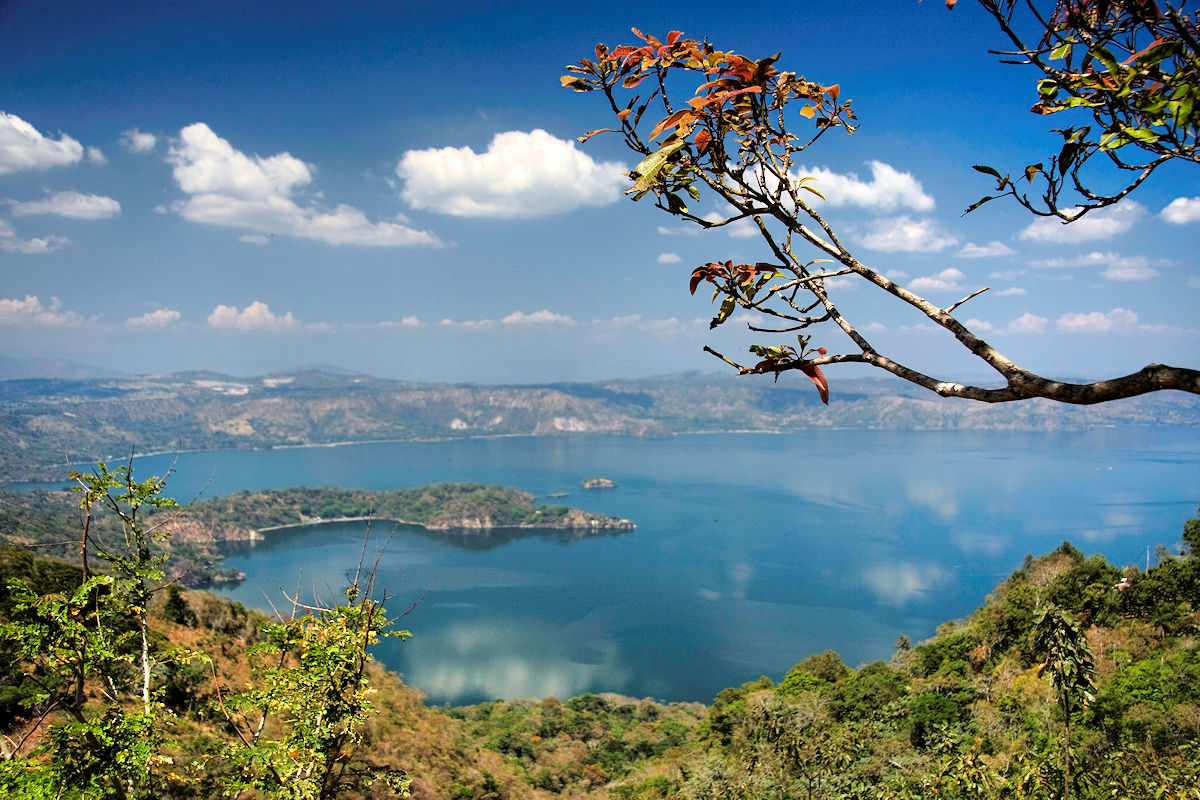
To the south is the Pacific Ocean, San Vicente is to the east, and La Libertad and San Salvador are to the west. In addition, it is divided into four districts: Olocuilta, Zacatecoluca, San Pedro Masahuat, and San Pedro Nonualco, and it is made up of 22 municipalities. These are:
- Zacatecoluca capital of La Paz with 45 cantons.
- Cuyultitán with 2 cantons.
- El Rosario with four cantons.
- Jerusalén with 5 cantons.
- Mercedes La Ceiba with 2 cantons.
- Olocuilta with 11 cantons.
- Paraíso de Osorio with 2 cantons.
- San Antonio Masahuat with 5 cantons.
- San Emigdio with two cantons.
- San Francisco Chinameca with five cantons.
- San Juan Nonualco with 12 cantons.
- San Juan Talpa with three cantons.
- San Juan Tepezontes with 3 cantons.
- San Luis La Herradura with 12 cantons.
- San Luis Talpa with nine cantons.
- San Miguel Tepezontes with 2 cantons.
- San Pedro Masahuat with 17 cantons.
- San Pedro Nonualco with seven cantons.
- San Rafael Obrajuelo with 6 cantons.
- Santa María Ostuma with 7 cantons.
- Santiago Nonualco with 11 cantons.
- Tapalhuaca with 3 cantons.
Climate, flora and fauna
In La Paz, the climate varies according to the zone, so for the mountain areas, it is of humid temperate type with precipitations of 2.000mm. While the rest of the department is of the warm, sticky medium type with precipitations of 1,500mm per year.
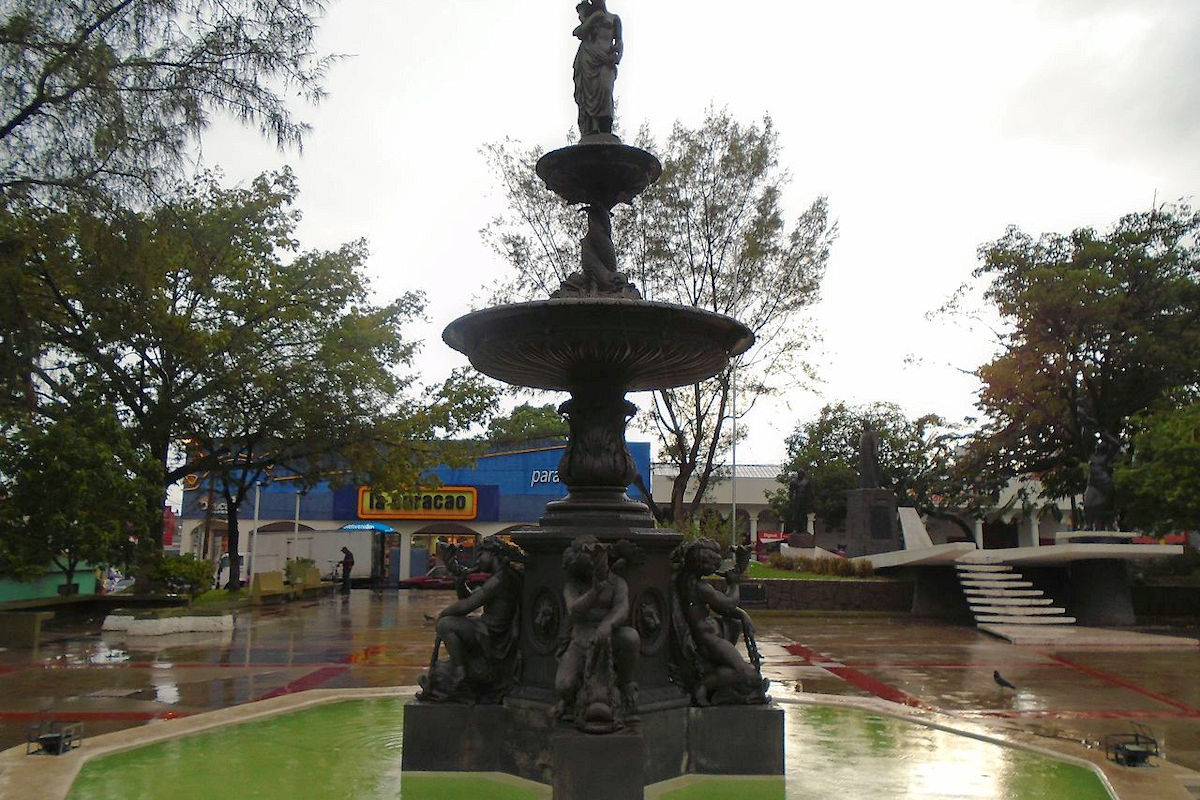
Since a large part of the department is made up of natural reserves, it is possible to propagate fauna and flora in a natural habitat. Therefore, you can find flora typical of coastal areas, such as mangroves, palms, campanilla, and madresal.
The fauna comprises aquatic species such as mackerels, corvinas, and chimbolos. You can find birds such as quail, toucans or deer, and skunks, among others.
Culture and customs in La Paz Department
Much or most of the traditional traditions and customs are focused on the religious sense of the inhabitants of La Paz. Therefore, each municipality has a defined patron saint’s day. Mention some of them the following stand out:
- Zacatecoluca from December 15 to 31 in honor of La Virgen María de los Pobres.
- Cuyultitán. November 22 to 25 in honor of Santa Catalina Mártir.
- Mercedes de La Ceiba. November 22 to 24 in honor of Nuestra Señora de las Mercedes.
- Olocuilta on the 2nd Sunday of October. In honor of the Virgen del Rosario.
- Feast of the Holy Cross in Paraíso de Osorio from March 4 to 13.
- Feast of San Juan Evangelista in San Juan de Tepezontes from September 24 to 27.
Typical dances
Because of the significant influence of the pre-Columbian peoples, some traditional dances of that time are still preserved in La Paz department. One of them is Las palancas de la Santa Cruz and El Tigre y el Venado.
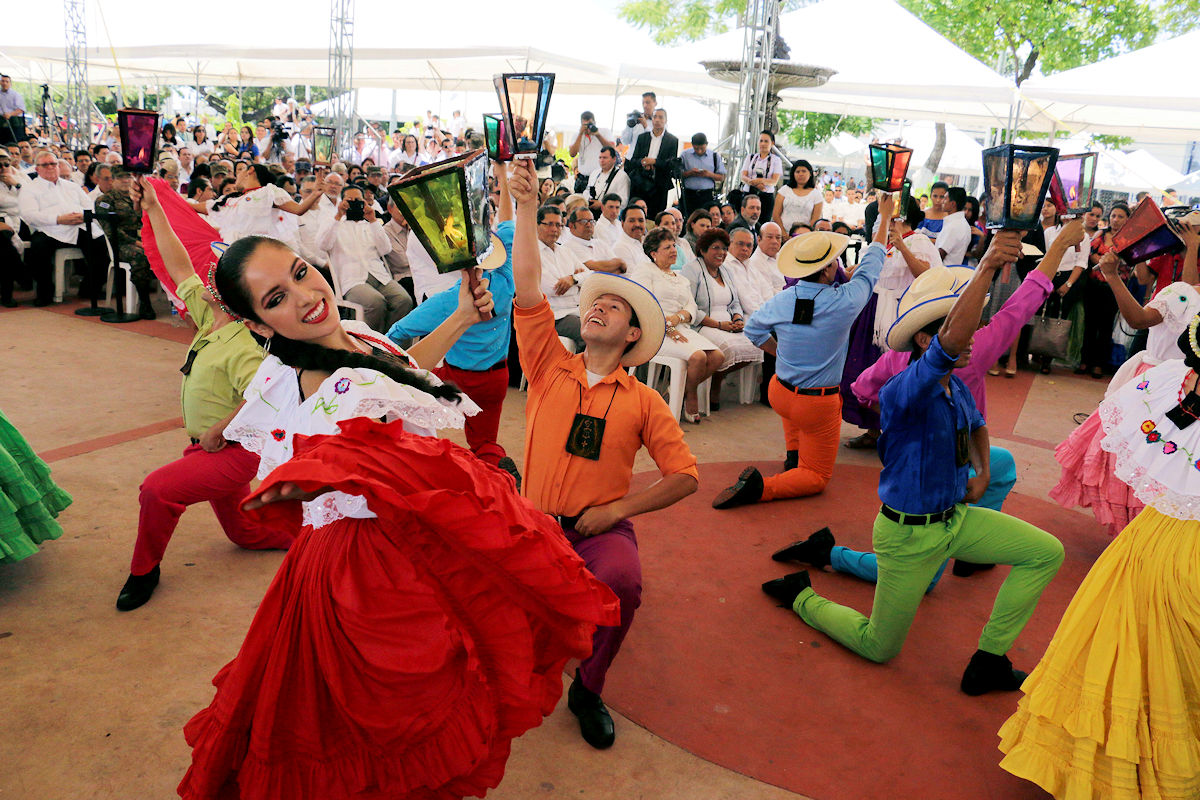
We should note that each municipality has its dance style. Therefore, the dance groups prepare the dances they will present in their streets depending on their festivity.
Gastronomy
Finally, we cannot fail to mention one of the most important beverages of the region, which, like its traditions, dates back to the most vivid times of the native peoples.
It is the Cashew Seed Atol, which is prepared from the original recipe. So if you come to La Paz, remember to try it and accompany it with any other typical dish of El Salvador.
